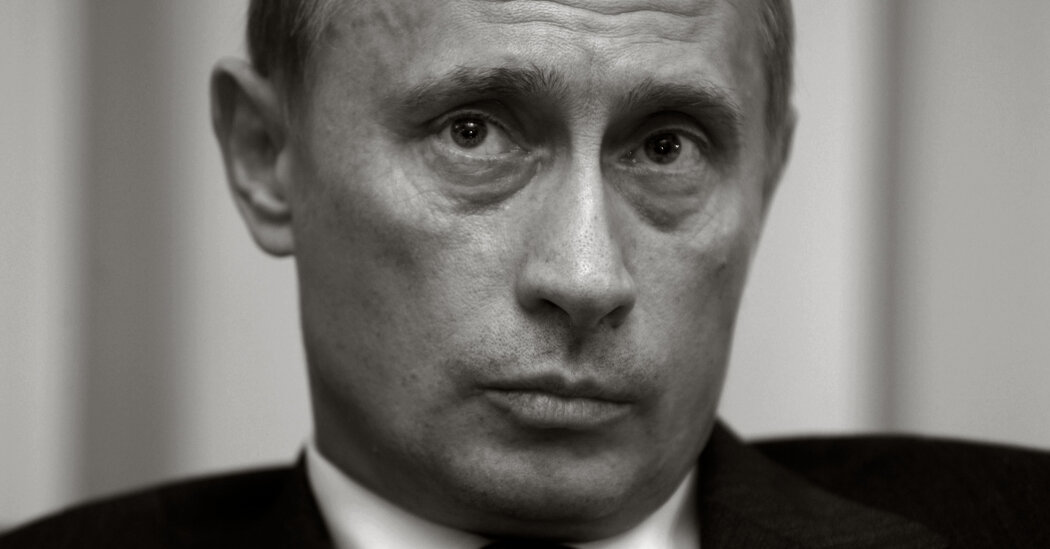
His intent, in hindsight, was clear enough, many months before the invasion. It appeared so to Mr. Eltchaninoff, the French author. “The religion of war had installed itself,” he said. “Putin had replaced the real with a myth.”
But why now? The West, Mr. Putin had long since concluded, was weak, divided, decadent, given over to private consumption and promiscuity. Germany had a new leader, and France an imminent election. A partnership with China had been cemented. Poor intelligence persuaded him Russian troops would be greeted as liberators in wide swaths of eastern Ukraine, at least. Covid-19, Mr. Bagger said, “had given him a sense of urgency, that time was running out.”
Mr. Hollande, the former president, had a simpler explanation: “Putin was drunk on his success. In recent years, he has won enormously.” In Crimea, in Syria, in Belarus, in Africa, in Kazakhstan. “Putin tells himself, ‘I am advancing everywhere. Where am I in retreat? Nowhere!’”
That is no longer the case. In a single stroke, Mr. Putin has galvanized NATO, ended Swiss neutrality and German postwar pacifism, united an often fragmented European Union, hobbled the Russian economy for years to come, provoked a massive exodus of educated Russians and reinforced the very thing he denied had ever existed, in a way that will prove indelible: Ukrainian nationhood. He has been outmaneuvered by the agile and courageous Ukrainian president, Volodymyr Zelensky, a man he mocked.
“He has undone on a coin-flip the achievements of his presidency,” said Mr. Gabuev, the Carnegie Moscow senior fellow now in Istanbul. For Mr. Hollande, “Mr. Putin has committed the irremediable.”
President Biden has called Mr. Putin a “brute,” a “war criminal” and a “killer.” “For God’s sake, this man cannot remain in power,” he said in Poland on Saturday. Yet the Russian leader retains deep reserves of support in Russia, and tight control over his security services.
That power corrupts is well known. An immense distance seems to separate the man who won over the Bundestag in 2001 with a conciliatory speech and the ranting leader berating the “national traitors” seduced by the West who “can’t do without foie gras, oysters or the so-called gender freedoms,” as he put it in his scum-and-traitors speech this month. If nuclear war remains a remote possibility, it is far less remote than a month ago — a subject of regular dinner-table conversations across Europe as Mr. Putin pursues the “de-Nazification” of a country whose leader is Jewish.




